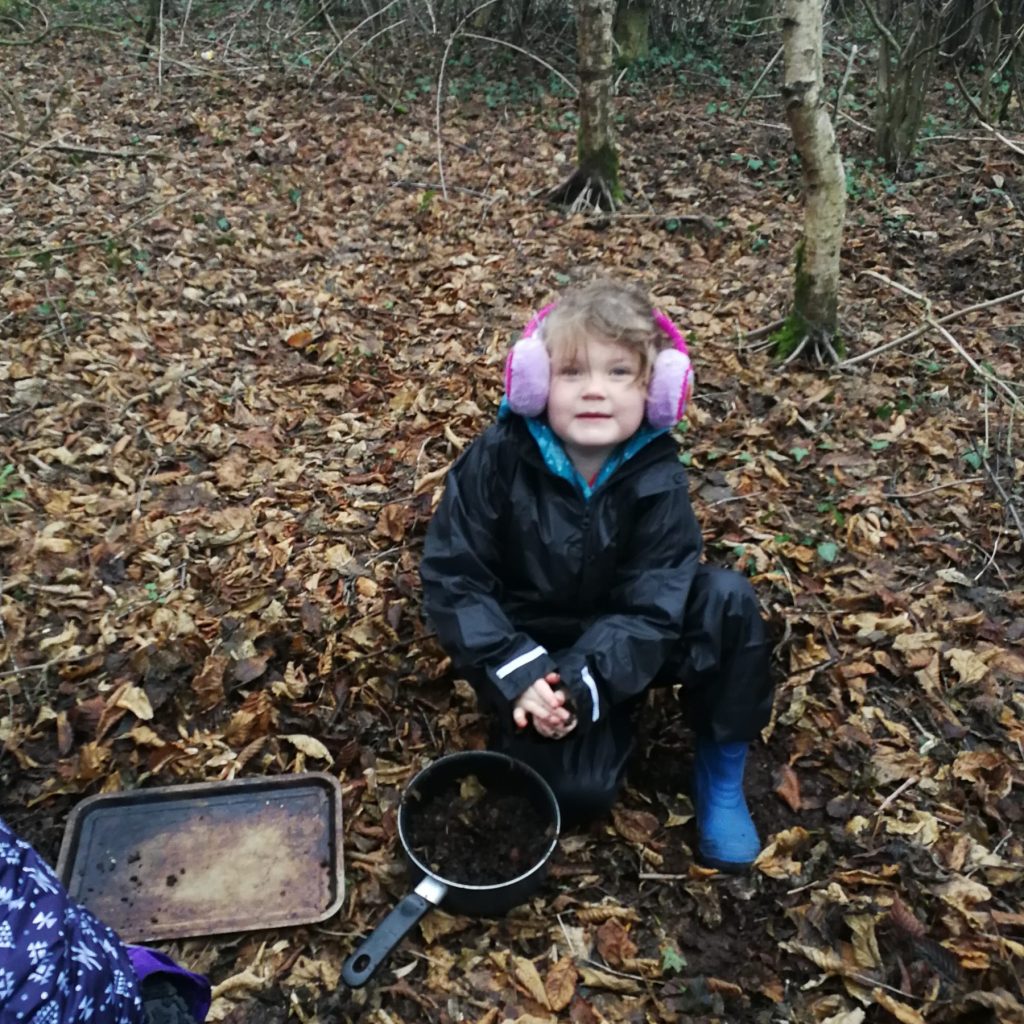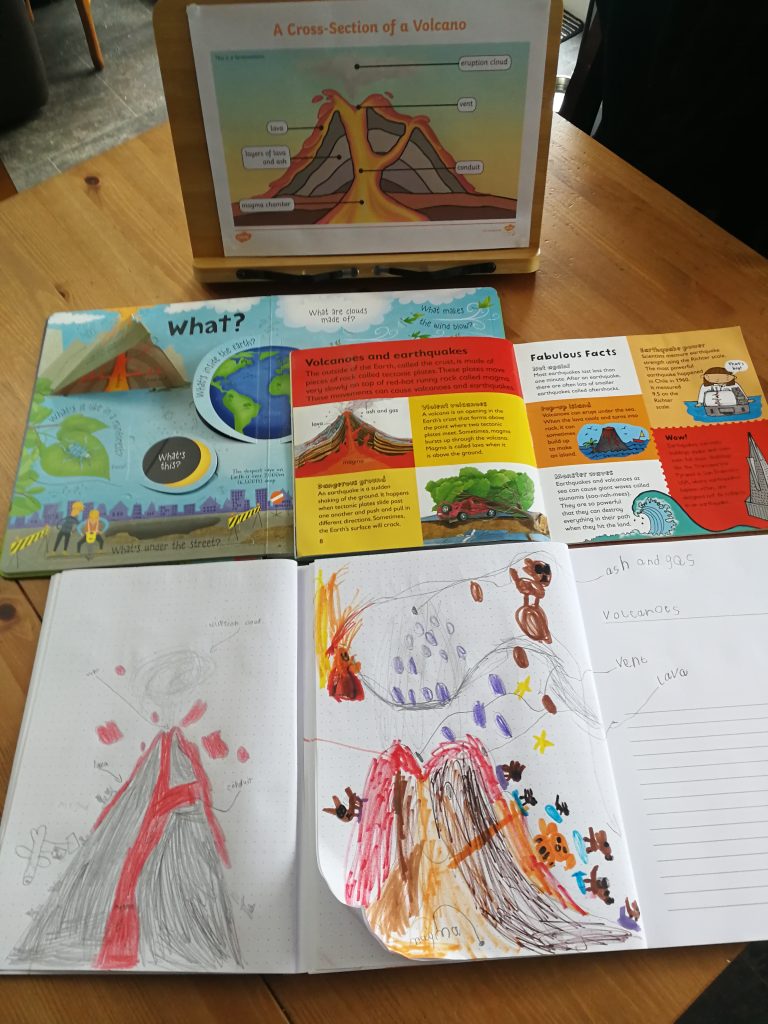One of the first things I needed to relearn when I started to educate my children at home was “what is education?” This then led me on to questioning what did I believe a “good” education should encompass. I also needed to relearn how an education can be delivered and measured but those are topics for another day.
The reason that discovering and defining what an education is, was, and still is, such a key question is that your belief surrounding a good education is going to be the cornerstone from which your approach, philosophy and ultimately your measure for success are pivoted. Another question you need to ask yourself whether you are a home educator or not is “who is ultimately responsible for ensuring my children are equipped for life both academically and practically?”

What is a Good Education?
The definition of an Education can be a hotly debated topic with some definitions describing an education as “the process of receiving or giving systematic instruction” and others saying that an education is “an enlightening experience“. In other words, your education can be thought of as the knowledge that you have acquired in your lifetime but it can also be considered the experiences you have had. Both of these definitions are true however, society generally does not place as much importance on the experiences and life skills, while interestingly these can be exactly the type of education that children benefit from the most. More and more pressure is being placed at the feet of parents as to why their children do not have all the life skills that they require while some parents are redirecting the focus and asking why schools place so much emphasis on the academics.

Academic Topics Taught in UK Schools
All local-authority maintained schools have to follow the National Curriculum, which is a set of subjects and standards for primary and secondary schools in the UK. Academic subjects taught in schools in the UK are reported to have been carefully selected to provide students with a well-rounded and foundational education that equips them with essential knowledge and skills for personal and societal development. Ten academic subjects that we are all familiar with include:
- Mathematics: Covering topics such as algebra, geometry, statistics, and calculus.
- English Language & Literature: Including reading, writing, grammar, and the study of literary works.
- Science: Comprising biology, chemistry, physics, and environmental science.
- History: Examining historical events, periods, and developments.
- Geography: Studying the Earth’s physical features, climate, and human geography.
- Modern Languages: Learning foreign languages like French, German, Spanish, or others.
- Physical Education (PE): Focusing on physical fitness, sports, and overall health.
- Art and Design: Exploring creative expression through various artistic mediums.
- Music: Studying music theory, history, and practical performance.
- Information Technology (IT) & Computing: Covering computer science, coding, and digital literacy.
And while no one is debating the benefit of having a knowledge of these subjects and being proficient in some, is your education simply the sum of all the knowledge you have in particular topics such as these or is there more to it?
Life Skills Children Need to Learn (Not Always Taught in Schools)
Life skills not explicitly taught in schools are essential for holistic personal development and success in various aspects of life. These skills, such as emotional intelligence, critical thinking, financial literacy, and resilience, contribute to an individual’s overall well-being and effectiveness in navigating the complexities of the real world. Life skills can also encompass practical outdoor and survival abilities, fostering self-sufficiency and a deeper connection to the environment. At this point we must ask the questions; is it the schools responsibility to teach these skills and can these skills actually be taught as other subjects are? If it is the parents responsibility then do we feel we have sufficient time with our children or even the skills ourselves to teach these life skills to them. Ten life skills that are important for navigating life but are not explicitly taught in schools include:
- Critical Thinking: The ability to analyse information and make informed decisions.
- Gardening: Growing and caring for plants, including food crops.
- Emotional Intelligence: Understanding and managing one’s emotions and empathising with others.
- Financial Literacy: Learning about budgeting, saving, investing, and responsible financial management.
- Responsibility: Taking care of pets or plants.
- Time Management: Organising and prioritising tasks to make efficient use of time.
- Communication Skills: Expressing ideas clearly, actively listening, and effective verbal and written communication.
- Problem Solving: Developing strategies to address challenges and find solutions.
- First Aid Basics: Understanding basic first aid and emergency procedures.
- Resilience: Bouncing back from setbacks and adapting to change.
Which Life Skills are Important?
With all this said I have come to the conclusion that an education is different for every community, family and in fact individual. The subjects and skills that each person needs are reflected in the interests and natural abilities that they already possess. If you want to check out some further life skills that I think are important grab my FREE download below.
So how can we then ensure that our children get a good education? My best answer is that we facilate them in aquiring the skills they show an interest in, expose them to as many different situations and opportunities as possible so they can see what’s out there and be willing to learn along side them if necessary.
Life-Long Learning
Most people agree that education is a lifelong journey, one that starts at birth and continues until death as long as the desire to learn is there. One of my goals in educating my children was to ignite that desire to become an active life long learner. The goal of education as described in this blog is to facilitate the development of happy well rounded individuals that have the courage and conviction to live the life they desire while considering the world they live in and the community they are a part of.
Home Education FAQs Series
This post is part of a series of Frequently Asked Questions concerning Home Education in the UK. If you are new to Home Education, are considering it in the future or you know people who Home Educate then reviewing the list of FAQs can be a good place to start. You may also be interested in be notified when my Home Education FAQs Ebook is published and if so please sign up below to be added to the list.
You may have you own definition of what constitutes a good education and that is great, the important thing is that you define what you believe a good education is and then you take the steps to make that your reality. Tell me in the comments what you think are the most important life skills.

[…] Yes, Elective Home Education is legal in the UK and you do not need to seek anyone’s permission to start home educating your child/children. Parents who choose to educate their children at home are required by law to ensure that their children receive a suitable education, but they do not have to send them to school to receive this, and they do not need permission from the government to keep them at home. This right is enshrined in Section 7 of the Education Act 1996, which states that “the parent of every child of compulsory school age shall cause him to receive efficient full-time education suitable (a) to his age, ability and aptitude, and (b) any special educational needs he may have, either by regular attendance at school or otherwise.” This statement then brings up the question of what constitutes a suitable education? […]